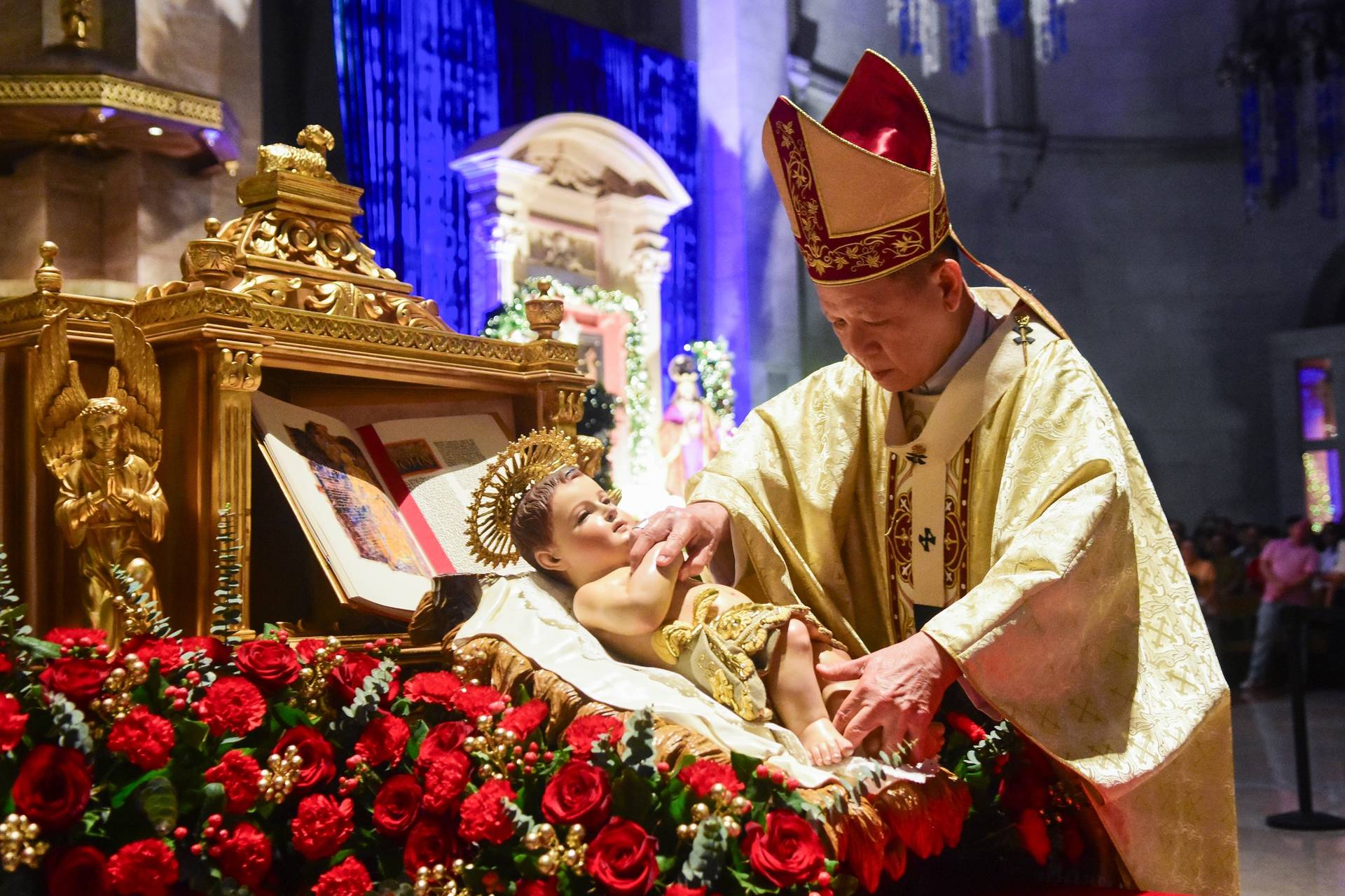A priest in the Philippines who became famous in 2017 for his heroics during a kidnapping by Islamic terrorists, died on Wednesday from a heart attack.
Father Teresito “Chito” Soganub, former Vicar General of the Prelature of Marawi, was 59. He died in his sleep.
“It is with great sadness that we make this announcement on behalf of the prelature of Marawi,” Bishop dela Peña said in a social media post.
Soganub had been among the hostages of the ISIS-inspired Maute group, which operated in the southern region of the Philippines, where 98 percent of the total population is Muslim. The siege by the group, which is aligned with the Islamic State Group that devastated Syria and Iraq, lasted 117 days – nearly five months.
The priest was taken with dozens of other Christians in the city of Marawi, located on the island of Mindanao. A week prior to the kidnapping, Islamic extremists of the so-called Maute group had seized control of the town. Hundreds died in the clashes between Islamist rebels and the Filipino army.
Known as Father Chito to many, and Father Tisoy among fellow religious, Soganub had been on leave from his priestly duties since the kidnapping to give him time to heal from the trauma.
“I am still a priest but no specific assignment,” he told the local paper Inquirer last month. “I really want to return to Marawi, but Bishop dela Peña advised me to continue my healing process.”
Despite not having a specific assignment, Soganub had continued his advocacy in favor of Christian-Muslim dialogue and peace. He was the President of Pakigdait (meaning “peace”, or “solidarity”), a pioneering organization of interfaith dialogue and peacebuilding in Lanao.
During the kidnapping, the priest was seen in a video where he said he was with about 200 other hostages and that his captors wanted the military to withdraw its forces from Marawi.
“We want to live another day; we want to live another month,” Soganub said in the video, while standing alone in front of debris and partially burned buildings.
“Our relationship was not only professional, through our project works and media interviews with Father Teresito, but personal,” said Thomas Heine-Geldern, executive president of the pontifical foundation Aid to the Church in Need (ACN). “His efforts of interfaith dialogue and peacebuilding, culminating in his extraordinary witness of great faith during his kidnapping, provided us with inspiration and a great affection for this man who we also came to know as Father Chito.”
“We are ever grateful for his presence during our celebration of the Red Wednesday in the Philippines in 2018, where he willingly shared his heart-wrenching experiences not only in captivity, but also with God,” Heine-Geldern said.
In recent years, Islamic fundamentalist groups have been active into the Philippines, a mostly Catholic nation. In an interview given at the time of the kidnapping to ACN, Italian missionary Father Sebastiano D’Ambra said that Islamic fundamentalists had succeeded in attracting new recruits partially through ideology, but also thanks to the rewards offered by the terrorists.
“Not to mention the international interests that are seeking to destabilize this region. There appears to be a plan, which will continue in the same direction. The situation in Marawi will calm down before too long, but the terrorism will not stop,” said D’Ambra, who’s been in the Philippines for over four decades.
The Abu Sayyaf group has been widely active in Mindanao since the 1990s. The radicalization has continued since then with the proliferation of Islamist movements of Wahhabi inspiration, supported by groups in Saudi Arabia. There’s also a growing presence of Islamist terrorist groups with their origin in Indonesia, such as Jemaah Islamiah.
Follow Inés San Martín on Twitter: @inesanma
















